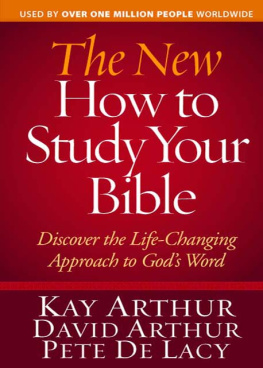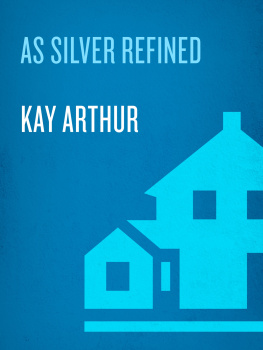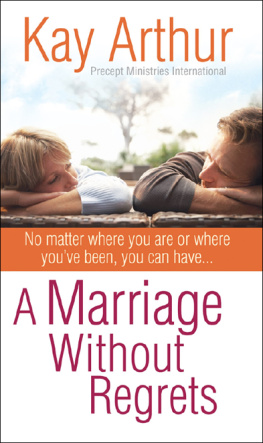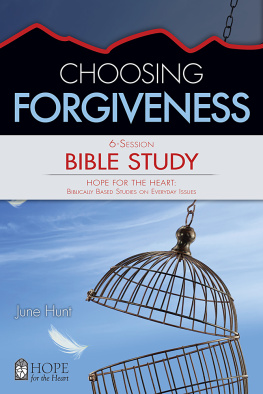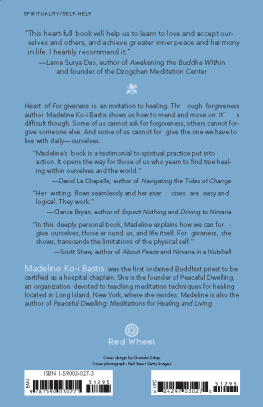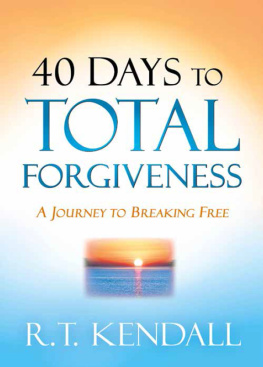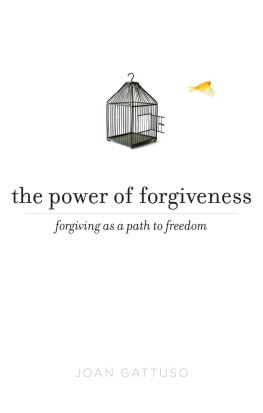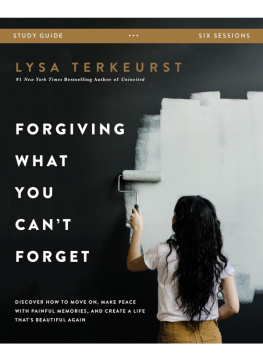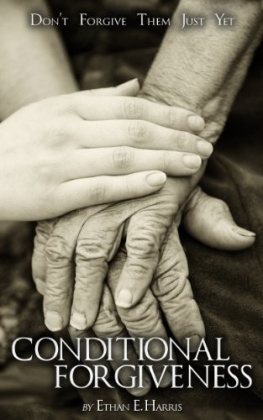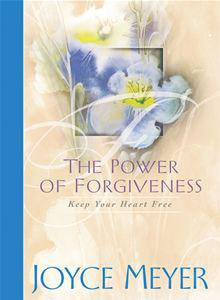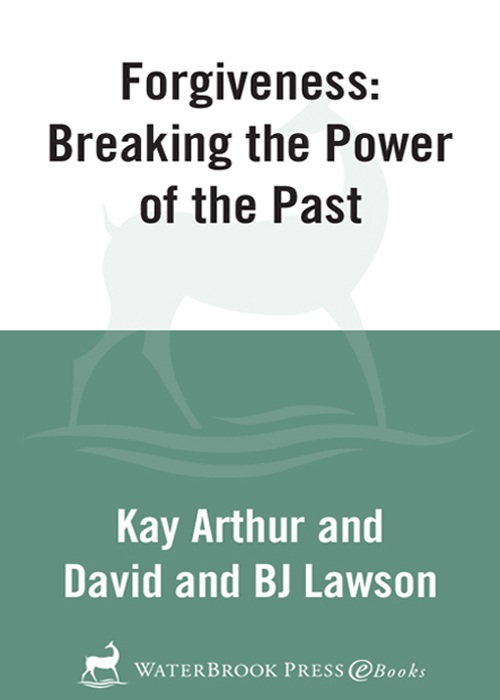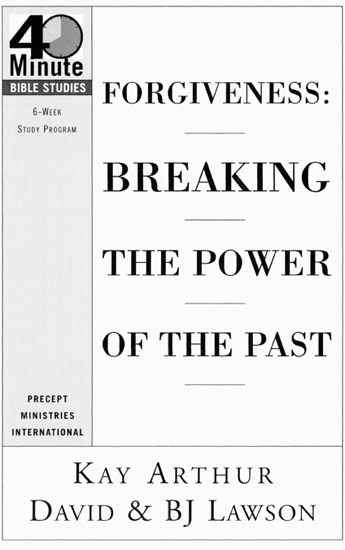This small-group study is for people who arc interested in learning for themselves more about what the Bible says on various subjects, but who have only limited time to meet together. Its ideal, for example, for a lunch group at work, an early morning mens group, a young mothers group meeting in a home, a Sunday-school class, or even family devotions. (Its also ideal for small groups that typically have longer meeting timessuch as evening groups or Saturday morning groupsbut want to devote only a portion of their time together to actual study, while reserving the rest for prayer, fellowship, or other activities.)
This book is designed so that all the group's participants will complete each lessons study activities at the same time. Discussing your insights drawn from what God says about the subject reveals exciting, life-impacting truths.
Although its a group study, youll need a facilitator to lead the study and keep the discussion moving. (This person's function is not that of a lecturer or teacher. However, when this book is used in a Sunday-school class or similar setting, the teacher should feel free to lead more directly and to bring in other insights in addition to those provided in each weeks lesson.)
If you are your groups facilitator, the leader, here are some helpful points for making your job easier:
- Go through the lesson and mark the text before you lead the group. This will give you increased familiarity with the material and will enable you to facilitate the group with greater ease. It may be easier for you to lead the group through the instructions for marking if you, as a leader, choose a specific color for each symbol you mark.
- As you lead the group, start at the beginning of the text and simply read it aloud in the order it appears in the lesson, including the insight boxes, which appear throughout. Work through the lesson together, observing and discussing what you learn. As you read the Scripture verses, have the group say aloud the word they are marking in the text.
- The discussion questions are there simply to help you cover the material. As the class moves into the discussion, many times you will find that they will cover the questions on their own. Remember, the discussion questions are there to guide the group through the topic, not to squelch discussion.
- Remember how important it is for people to verbalize their answers and discoveries. This greatly strengthens their personal understanding of each weeks lesson. Try to ensure that everyone has plenty of opportunity to contribute to each weeks discussions.
- Keep the discussion moving. This may mean spending more time on some parts of the study than on others. If necessary, you should feel free to spread out a lesson over more than one session. However, remember that you dont want to slow the pace too much. Its much better to leave everyone wanting more than to have people dropping out because of declining interest.
- If the validity or accuracy of some of the answers seems questionable, you can gently and cheerfully remind the group to stay focused on the truth of the Scriptures. Your object is to learn what the Bible says, not to engage in human philosophy. Simply stick with the Scriptures and give God the opportunity to speak. His Word is truth (John 17:17)!
FORGIVENESS:
BREAKING
THE POWER
OF THE PAST
O utside, winter pierced the day with a frigid, blustery chill; inside, a similar iciness permeated the church. Among the people gathered for the funeral, twenty family members sat scattered in eighteen pews. Snippets of conversations drifted back as I waited for the service to begin.
Poor old soul lived alone. It was such a shame that John didnt visit his mother more than a couple of times a year.
Did Aunt Marilyn talk to you? No, and Im not talking to her until she talks to me!
Why didnt Rita come to the funeral? She got mad at Mothers funeral and hasnt talked to any of the family since.
What happened to create such division within this family that even at a loved ones funeral they sat apart from one another and talked among themselves about other family members who werent there?
Sadly, dysfunctional families are nothing new and hardly unusual. Dating back to the days of Cain and Abel, lack of forgiveness has destroyed countless relationships. And although our deepest hurts may come from family, forgiveness isnt simply a family issue; forgiveness is a people issue. In every relationship its certain well need to extend or seek forgiveness at some point.
So this subject of forgiveness touches us all and brings to mind many questions, including
How can I forgive when the pain is so great?
What about revenge? Is the other person going to get away with what they did?
What if I choose not to forgive?
Can I be forgiven of my past mistakes?
Does forgiving mean I have to forget the past?
For the next six weeks well look to the Bible for the answers to these questions and others. Youll learn how forgiveness not only cleanses your soul and frees your mind but also unlocks the chains that hold you captive to the person who wronged you.
Through this study youll learn how to unleash the power of forgiveness in your life, letting it propel you out of painful and awkward situations and freeing you from the pain of the past.
Have you suffered pain at the hands of another person? Have you wondered if you could ever get past it?
This week were going to look at the life of Joseph, a young man from a blended family who was horribly mistreated yet somehow broke the power of his painful past in order to walk in freedom. Let's see what we can learn from this story of pain, disappointment, and forgiveness.
OBSERVE
Leader:Read Genesis 37:14. Have the group say aloud and
- underline every reference toJoseph'sincluding pronouns.
- circle every reference tohis brothers, including synonyms and pronouns.
As you read the text, in helpful to have the group say the key words aloud as they mark them. This way everyone will be sure to mark every occurrence of the word, including any synonymous words or phrases. Do this throughout the study.
DISCUSS
- What did you learn from marking Joseph's

1 Now Jacob lived in the land where his father had sojourned, in the land of Canaan.
2 These are the records of the generations of Jacob. Joseph, when seventeen years of age, was pasturing the flock with his brothers while he was still a youth, along with the sons of Bilhah and the sons of Zilpah, his fathers wives. And Joseph brought back a bad report about them to their father.


